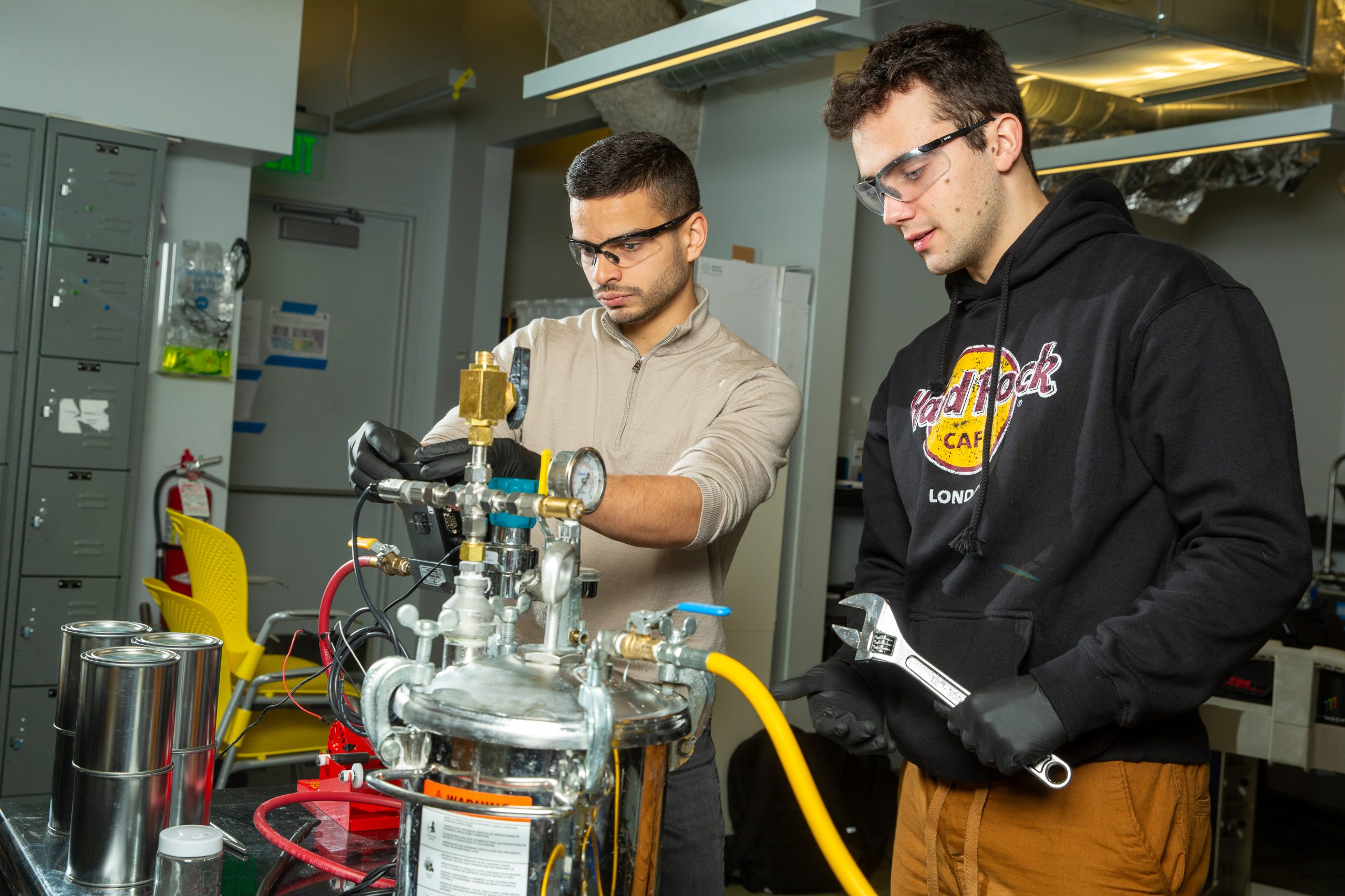While biofuels are a great renewable energy source with a promising potential to help reduce greenhouse gas emissions, producing them is no easy feat. This is in large part due to the fact that converting biomass into liquid fuels is quite an energy-intensive process.
Fortunately, scientists at Ohio State University may have figured a cheaper and more efficient way to produce biofuel with the help of a new chemical conversion process.
“The process of converting sugar to alcohol has to be very efficient if you want to have the end product be competitive with fossil fuels,” said biochemist and study co-author Venkat Gopalan.
Biofuels require so-called “helper molecules” to facilitate the conversion of carbon in cells into energy. The problem is that these molecules, called NADH and NADPH, are expensive which significantly increases the production costs of biofuels.
“If you can cut the production cost in half, that would make biofuels a very attractive additive to make flex fuels with gasoline,” said Vish Subramaniam, the study co-author. “Butanol is often not used as an additive because it’s not cheap. But if you could make it cheaply, suddenly the calculus would change.”
To make that process cheaper, the researchers used nickel and copper — readily available materials — to build an electrode that can produce NADH and NADPH. The end result is an electrode that can turn biomass into biofuel in a cheap and efficient way.
In addition to making biofuel production cheaper, the discovery could also have other scientific implications, such as slowing down the growth of tumors by controlling the flow of electrons in some cancer cells.











